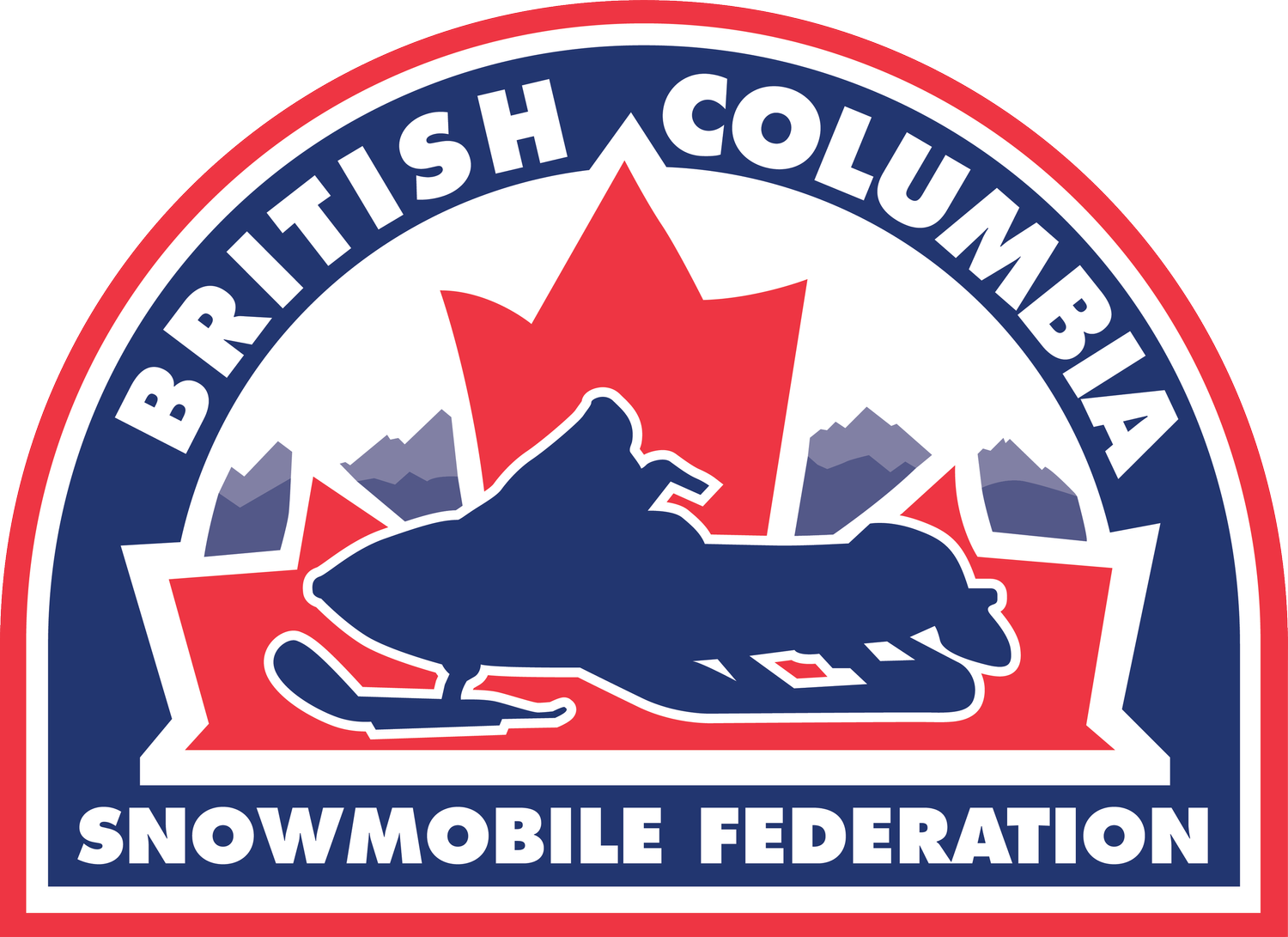Your Snowmobile Gear Could Be Illegal by 2028 - Here’s Why the Industry Is Changing
New regulations targeting “forever chemicals” are shaking up the outdoor gear industry, and snowmobiling apparel is squarely in the spotlight. With several countries and provinces tightening the rules on PFAS - the chemical compounds that give snow gear its waterproof performance, riders in BC may soon see big changes in the gear we wear and buy. Some outerwear could even become non-compliant by 2028.
What Are PFAS and Why Should Riders Care
PFAS, or per- and polyfluoroalkyl substances, are synthetic chemicals commonly used in snowmobile outerwear for waterproofing, windproofing, and stain resistance. They’re what help your jacket shed snow and stay dry in the harshest backcountry conditions.
The issue is that PFAS don’t break down in the environment. Known as “forever chemicals,” they persist in nature and have been linked to health risks including cancer and hormone disruption (Health Canada).
Are PFAS in My Snow Gear
If you ride in high-performance outerwear with excellent waterproof ratings, it likely contains PFAS. Jackets, pants, gloves, and boots often rely on PFAS-based membranes or durable water repellents to perform in wet, cold environments. A 2023 international study found PFAS in over 60 percent of jackets tested, including some marketed as eco-friendly (IPEN, 2023).
What’s Changing and Why It Affects BC
While Canada hasn’t banned PFAS in clothing yet, regulatory changes are underway. Some harmful PFAS like PFOS and PFOA are already prohibited under the Canadian Environmental Protection Act (CEPA). A mandatory national reporting program also began in July 2024, requiring companies to disclose their use of PFAS in products, including textiles.
In March 2025, the federal government proposed to classify the entire class of PFAS (excluding some fluoropolymers) as “toxic.” This designation enables future restrictions, with early targets likely to include consumer goods such as outerwear. If current timelines hold, regulations addressing PFAS in clothing could be introduced by 2027 or 2028.
Meanwhile, international laws are already reshaping what’s on the market. In the United States, states like New York and California are banning PFAS in apparel starting in 2025. Many others are following suit. Gear designed for “severe wet conditions,” including snowmobile outerwear, must comply by 2028. These rules don’t apply in BC yet, but they are already influencing what product lines are being made and distributed.
Looking Ahead to 2028
Whether or not Canadian regulations are finalized by then, outerwear sold in BC by 2028 will likely be PFAS-free. Riders can expect new fabrics, membranes, and coatings to replace traditional treatments. Some of these alternatives may require more regular care and re-proofing to maintain performance.
How the Industry Is Adapting
Manufacturers are already transitioning. Gore-Tex, for example, has introduced an expanded polyethylene (ePE) membrane that avoids the use of harmful fluorochemicals. Many brands are also switching to non-fluorinated water repellents made from silicone or plant-based waxes.
How to Ride Responsibly
You don’t need to overhaul your gear closet today, but as you plan for future seasons:
• Look for PFAS-free or “PFC-free” labels
• Ask retailers if the gear meets Canadian or U.S. standards
• Use compatible cleaners and reproofing sprays
• Support brands making the shift toward safer alternatives
Why It Matters
Reducing PFAS in our gear is one way to help protect the places we love to ride. Staying informed helps us make choices that support both the future of our sport and the landscapes that make it possible.
The outdoor recreation industry is changing — in BC, across Canada, and around the world. From land use policy to the materials used in the gear we rely on, the shift is already underway. These changes may not always be loud or immediate, but they’re real. And for those of us who live and ride in the backcountry, it’s worth paying attention.

